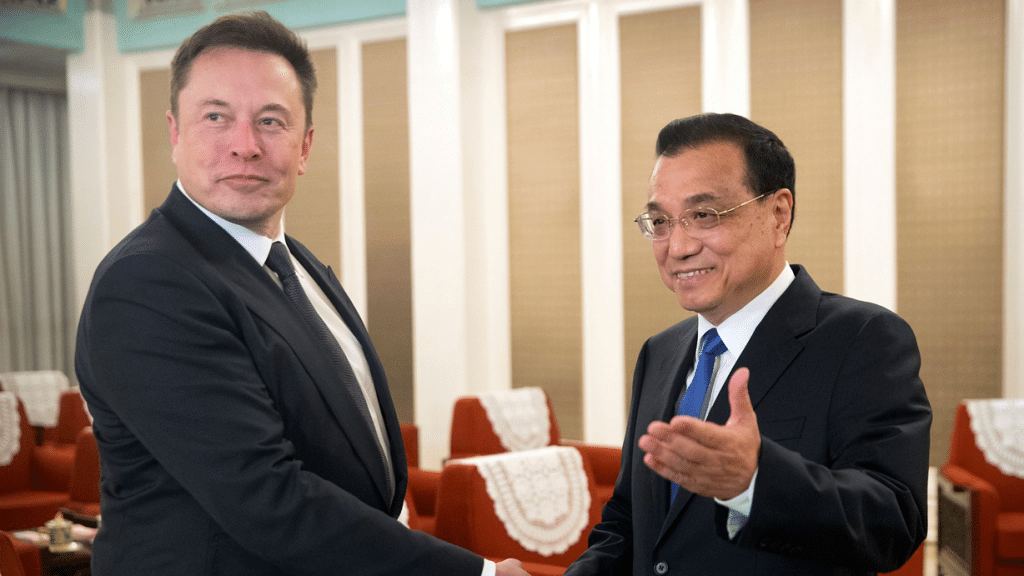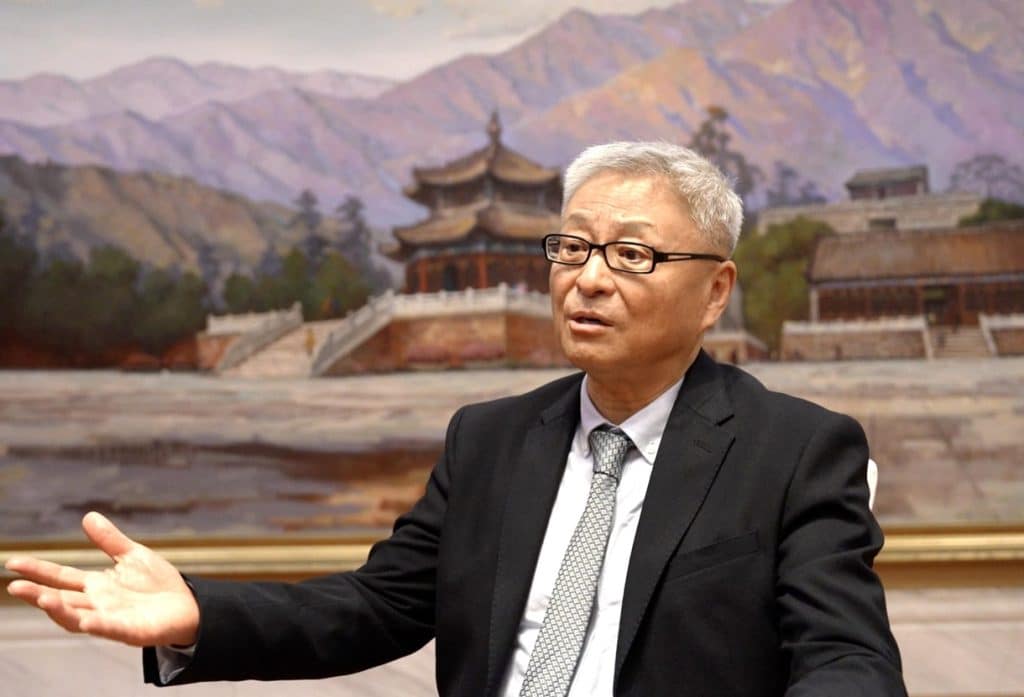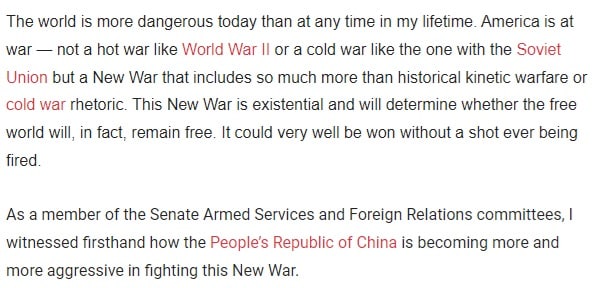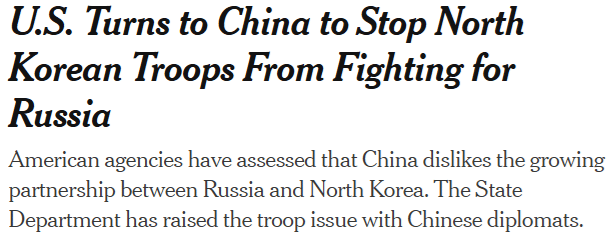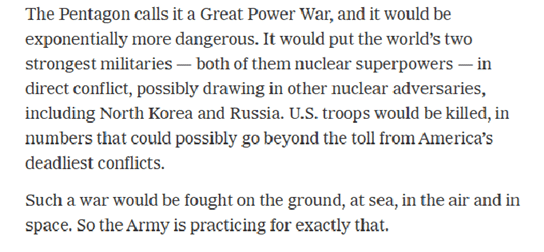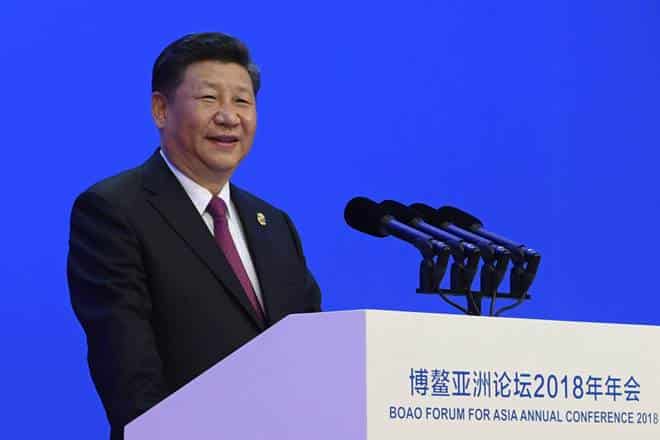Marching West: China’s New Geostrategy
作者:Roger Moore 来源:US-China Perception Monitor
As China becomes an increasingly important player in the international community, there are questions about how the country should exert its burgeoning economic and military power. Although attention is mostly directed towards the South and East China Seas, where several hot spots threaten to undermine regional stability, there are some influential voices in China’s foreign policy establishment that have begun advocating for greater attention to the areas beyond China’s western borders, namely Central Asia and the Middle East. Coming on the heels of America’s ‘pivot’ to Asia, this new strategy, known as “Marching West,” potentially represents a new shift in Chinese geopolitical thinking.
The idea of Marching West, recently espoused by Wang Jisi, a famous academic at Peking University, offers several compelling benefits for China and its future trajectory in the international arena. Most importantly for Sino-US relations, it presents a potential avenue for future cooperation between the two countries that is often missing in the zero-sum environment of South and East Asia. While big issues such as Taiwan and America’s naval presence in the Asia-Pacific region will remain delicate problems in the foreseeable future, Central Asia and the Middle East are home to a host of issues on which the two sides can find agreement. These include combating terrorism, resolving the Israeli-Palestinian impasse, ending the Syrian conflict, and finding a solution to Iran’s nuclear program.[i] Many Americans may look askance at this extension of China’s global reach, but it is a pragmatic solution to resolving the problems in the region, especially in light of America’s desire to reduce its presence and China’s increasing ability to make an impact further beyond its borders.
Additionally, if both sides are truly interested in avoiding conflict and encouraging peaceful coexistence, then Marching West may increase the chances of this goal becoming a long-term reality. To the east and south of China’s borders, America has painstakingly created a hub-and-spokes system of bilateral agreements that have effectively solidified the country’s presence in the region. Despite China’s unease with this arrangement, there is little chance of it disappearing anytime soon. Central Asia, however, presents a rather different scenario relatively free from American influence. Since the implosion of the Soviet Union, the region has essentially found itself outside any superpower’s sphere of influence, creating an opportunity for China to fill the void and establish the terms of engagement.[ii] Even if America was interested in establishing a leading presence in the region after the war in Afghanistan winds down, many experts believe this is no longer a possibility. [iii] On the other hand, China has become the foremost investor for many countries, including Kazakhstan, Turkmenistan, and Uzbekistan, as well as the primary destination for their exports.[iv]
Although Marching West is not official Party doctrine—nor will it be anytime soon due to the tensions in East and South Asia—there is evidence that the country is trying to become a bigger player with its neighbors to the west. Most recently, at the beginning of May, China hosted both Israeli and Palestinian leaders to discuss a host of issues, including the Israeli-Palestinian question.[v] The Chinese foreign ministry publicly announced its willingness to facilitate a meeting between the countries’ leaders, although this was more of a formality than any real attempt at bringing them together. Nevertheless, it does show a willingness on the part of China to take a more active role in a conflict in which it has traditionally remained silent.
Similarly, China has begun pouring billions of dollars into many countries’ economies, including war-torn Iraq and Afghanistan. One may question the motives behind China’s actions, but there is little doubt that such investment increases China’s presence in the region at a level unforeseen before. In Afghanistan, many see China as the country’s largest foreign investor, driven largely by a $3.5 billion project intended to exploit what is touted to be the largest undeveloped copper mine in the world.[vi] Likewise, China has recently sought to increase its ties with Pakistan, promising to set up a so-called economic corridor to further connect their economies.[vii] If the corridor promises become reality, it would not only significantly improve Pakistan’s economy, but also secure greater prosperity for China’s underdeveloped western provinces.
Although Marching West offers many benefits for the US, China, and others, it will certainly encounter many obstacles. For one thing, other influential countries in the region, most notably Russia and India, will likely be suspicious of China’s actions in their backyards. Perhaps this explains why Xi Jinping and Li Keqiang opted to take their first respective foreign trips to Russia and India. Secondly, increasing involvement in Central Asia could make China vulnerable to Islamist extremists in its western provinces, most notably Xinjiang, which borders Afghanistan and is already home to many separatist groups. Lastly, America will remain suspicious of any efforts by China to expand its global presence.
Despite these obstacles, Marching West should be considered a serious alternative for China’s geostrategic thinking. Not only does it offer benefits for many different countries, but it may also reduce a future collision between the US and China. Although South and East Asia will remain priorities for China, it would be wise to consider how the country can maximize its potential as a continental land power in Central Asia and the Middle East.
Written by Roger Moore. Roger is a graduate student at Georgia State University, where he studies international and comparative politics.
Photo: From Foreign Policy
[ii] Wang, Jisi, “Marching Westwards,”http://www.ciss.pku.edu.cn/Code/AccessoriesMaker.aspx?id=2270
[v] “China Is Trying To Become A Player In The Mideast, As It Hosts Israeli And Palestinian Leaders This Week,” Business Insider
来源时间:2018/4/6 发布时间:2018/4/6
旧文章ID:15837


